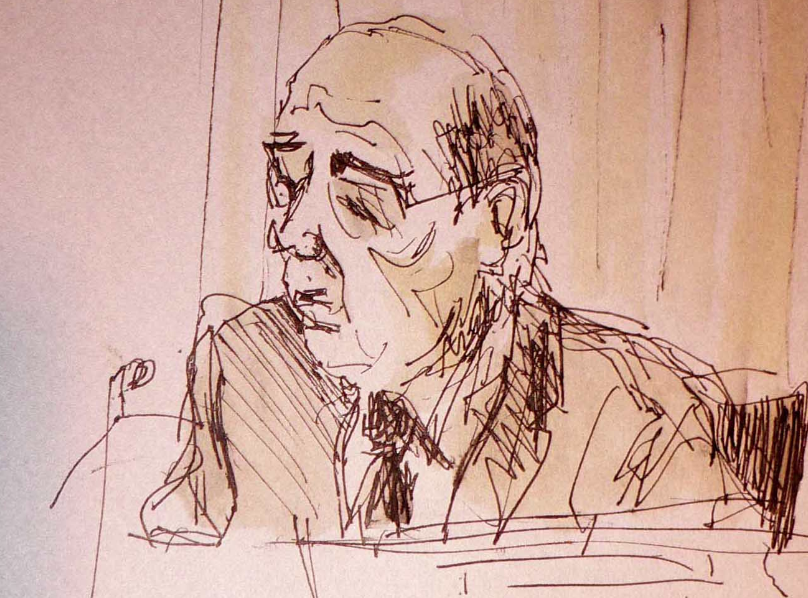The Press Recognition Panel (PRP), the body set up after the Leveson Inquiry to give life to a new system of press regulation, has opened its doors for business. This is good news for the press and the public alike. If a press regulator is recognised by this body, it will be able to offer British journalists effective protection from the chilling effects of bullying litigation and also protect the public by requiring news publishers to adhere to a framework of accountability.
- Jonathan Heawood is the founding director of IMPRESS (Independent Monitor for the Press)
In his report, Leveson recommended a system of incentives, to create ‘carrots’ for membership of an independent self-regulator, and ‘sticks’ to deter non-membership and non-compliance. News publishers who sign up to be regulated by a recognised regulator are protected against costs and exemplary damages in libel and privacy actions, whereas those newspapers who choose not to be regulated in this way are not protected. These incentives are set out in the Crime and Courts Act 2013.
Critics of the post-Leveson model of press regulation argue that regulation with statutory or Charter underpinning places an undue constraint on freedom of expression, contrary to ECHR Article 10.
Article 10 admits a variety of potential constraints on freedom of expression, in the interests of a democratic society. Independent self-regulation of the press does not prevent anyone from enjoying the right to freedom of expression. Membership of a self-regulatory body is voluntary, and open to all relevant publishers on reasonable terms. Subscribing publishers may voluntarily accept some constraints on their freedom of expression. For example, they may aspire to publish only accurate information, which is not a legal requirement for ordinary citizens. However, there is no scope for the regulator to prevent publication.
Thus, voluntary subscription to an independent self-regulatory body does not impose a disproportionate constraint on freedom of expression. The potential impact of this body on relevant publishers who choose not to be regulated in such a way is a matter for those publishers to consider.
The Press Recognition Panel must ensure that all recognised regulators offer their members the opportunity to settle civil disputes through a process of alternative dispute resolution known as arbitration. Some say therefore, that the incentives set out in the Crime and Courts Act 2013 create a de facto compulsion to arbitrate. This is, according to critics, contrary to Article 6 of the ECHR as protected under the Human Rights Act.
On the contrary, access to arbitration means that in legal cases involving possible libel and invasion of privacy by UK news publishers, everyone will have access to justice, and not just the rich. Gone will be the days when ordinary people who believed they were wronged by powerful national newspapers faced the risk of bills in the tens and hundreds of thousands of pounds if they wanted redress. Instead, everyone will have the right to have their case heard at a low cost. Similarly, newspapers will no longer be afraid to publish embarrassing stories about rich individuals because of the threat of expensive litigation.
A revolutionary change
This system of regulating the press ushers in a new era for journalism in this country.
It is a revolutionary change and has been the result of the most careful deliberation. The Leveson Inquiry was a formal, judge-led public inquiry set up in response to a grave crisis in press standards and it heard and considered the evidence of all parties over more than a year. The legal changes described here were among its recommendations and they were endorsed in turn by all parties in Parliament after months of cross-party discussion.
There is only one regulator on the scene which has expressed an intention to seek recognition from the Press Recognition Panel and that is IMPRESS: The Independent Monitor for the Press. IMPRESS offers an independent framework that can enable journalists to drive up standards, public trust and ethical reporting in the UK. Crucially, IMPRESS also supports the introduction of safeguards for all journalists who object to being made to act unethically in the pursuit of a story. As its Founding Director, I look forward to testing and developing the new system over the coming months and years.







